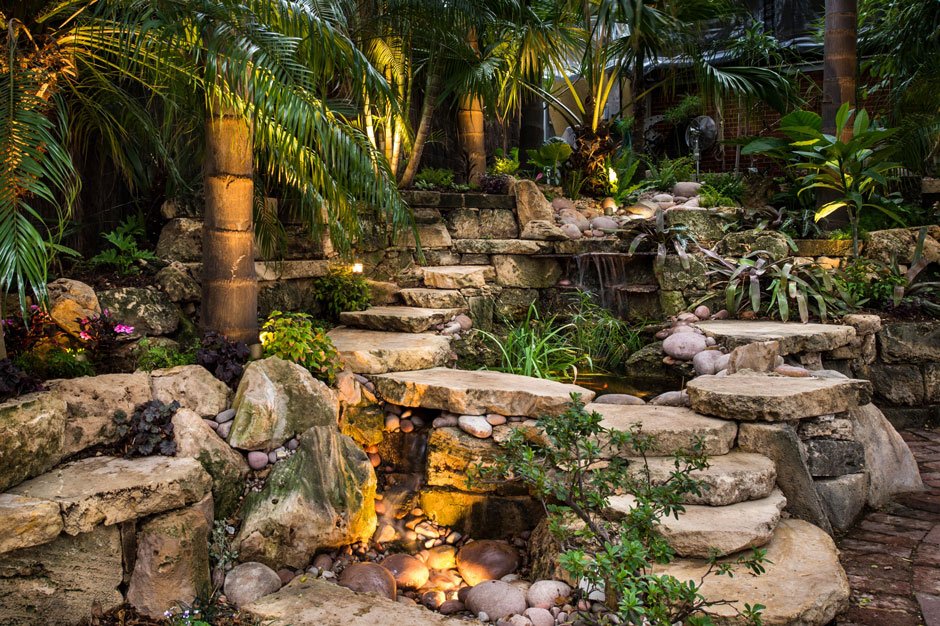
Gardening is a great way to engage with nature, switch off from daily happenings, and create a space that you can be proud of.
As gardening is only possible through the environment, we strongly recommend that you keep your garden as sustainable as possible.
If you care about your outdoor space, you need to factor in sustainability at every step.
Here are some pointers to help you put together a sustainable garden which you’ll be able to engage with your hobby while helping the planet.
Sustainable timber
Where possible, any decking, fencing or structures used for your garden should be made using sustainably sourced timber.
This can be fairly straightforward as there are set standards and certifications that outline what is considered sustainable timber.
Look for materials like FSC-certified wood for any structures that you’re planning on putting in your garden.
If possible, you can also reduce carbon emissions by shopping from local merchants, for example if you’re based in the Greater Manchester area consider Joseph Parr Rochdale as a nearby retailer that provides FSC-certified timber.
Water harvesting facilities
Water harvesting and reuse is a great way to keep your plants healthy and hydrated with significantly less water than you would typically use.
You can collect rainwater in water butts to reduce reliance on tap water and provide a natural source of water for your plants.
You can then take it a step further and leave water butts under any plants that are on elevated platforms ensuring further water reuse.
There are also tools like soaker hoses or drip irrigation systems which will help you keep control of your water waste.
Keep plants native
Generally, it is best to keep plants native when you are creating a sustainable garden.
Non-native plants could damage the local ecosystem and impact not only your garden, but also potentially spread to other greenspace.
There have been instances where plants like Japanese knotweed have been able to quickly spread and damage ecosystems.
Avoiding using these non-native plants makes gardening easier, as you don’t have to contain spread, and is good for the wider environment.
Energy efficient lighting
Low power LEDs or even solar powered lighting provides both a bit of ambiance and a less energy reliant alternative to the standard garden spotlight.
As well as being less harmful to the environment, their reduced use of grid electricity will help you save money, so it’s a win-win!
Sustainable practices like composting and mulching
Composting allows you to turn food scraps and garden waste into nutrient-rich compost, which improves soil fertility and reduces landfill waste.
You can also add mulch to your garden space, which helps retain moisture, suppresses weeds, and regulates soil temperature, reducing the need for watering and weeding. Mulch also improves soil health over time as it breaks down and adds organic matter to the ground. Choosing this mulch delivery company ensures you receive high-quality materials conveniently, saving time while supporting a healthier, more efficient garden.
Avoid synthetic fertilizers and pesticides and instead make use of natural alternatives like compost, mulch, and companion planting.
Good luck!
Garden sustainability doesn’t mean sacrificing style or productivity, it simply means making more mindful choices at every step.
From sourcing local, certified timber to collecting rainwater and planting native species, small changes can have a big impact on both your outdoor space and the environment.
